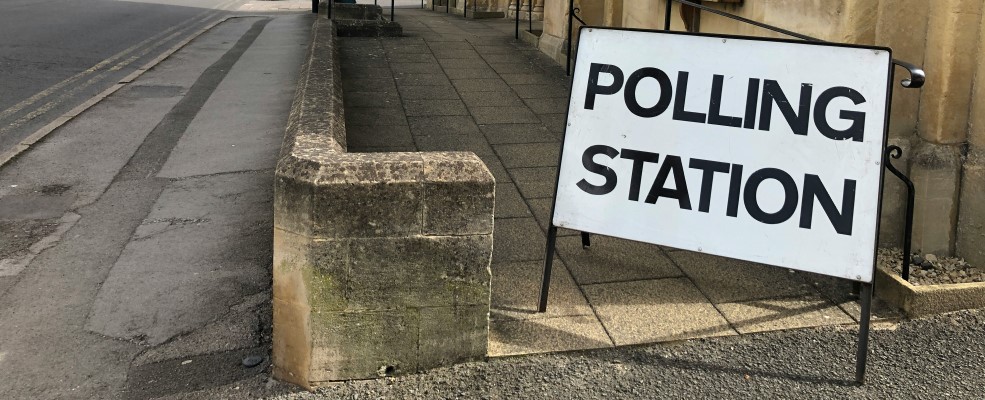A new paper by Samuel Brown at Swansea University and Melanie Jones at Cardiff University explores the extent to which the well-established ‘disability voting gap’ in the US, where disabled people are less likely to vote in elections relative to those who are not disabled, is evident in the UK. Such a voting gap has important implications for the representation and influence of disabled people in policy development, and potentially represents a neglected but additional form of disability inequality in the UK.
Using contemporary data from UK General Elections between 2010 and 2019 the team found a 6.2 percentage point disability voting gap after adjusting for demographic characteristics. Their data also allowed them to control for a range of channels through which disability might affect voter turnout, including differences in resources and networks which facilitate and encourage participation.
Professor Jones said: “Our results confirm the importance of resources, with existing economic inequality a driver of the disability voting gap. Nevertheless, when making comparisons between disabled and non-disabled people with similar demographic characteristics, resources, social networks, and psychology, we find disability remains important, consistent with additional barriers to participation.
“Our findings therefore suggest that addressing existing economic inequalities will narrow the disability voting gap but that there is need for support for disabled people to enhance political participation. Moreover, we find that this support is more important for those with more severe disability, disability relating to mental health and for those with chronic disabilities, where the disability voting gap is larger.
“We show that disability is also a determinant of political engagement, with disabled people expressing less political influence and less likely to perceive voting as a social norm. Nevertheless, even in the absence of gaps in political engagement, disabled people remain slightly less likely to vote.
“However, by using data across successive general elections, we do not find that changes in disability status influence voter turnout and instead suggest that there might be important unobserved differences between disabled and non-disabled people in driving the voting gap. This generates additional questions as to whether such differences are driven by selection of people with different propensities to vote into disability and/or the role of long-term disabilities, particularly that which occur in birth or childhood, in affecting voting behaviour.”

